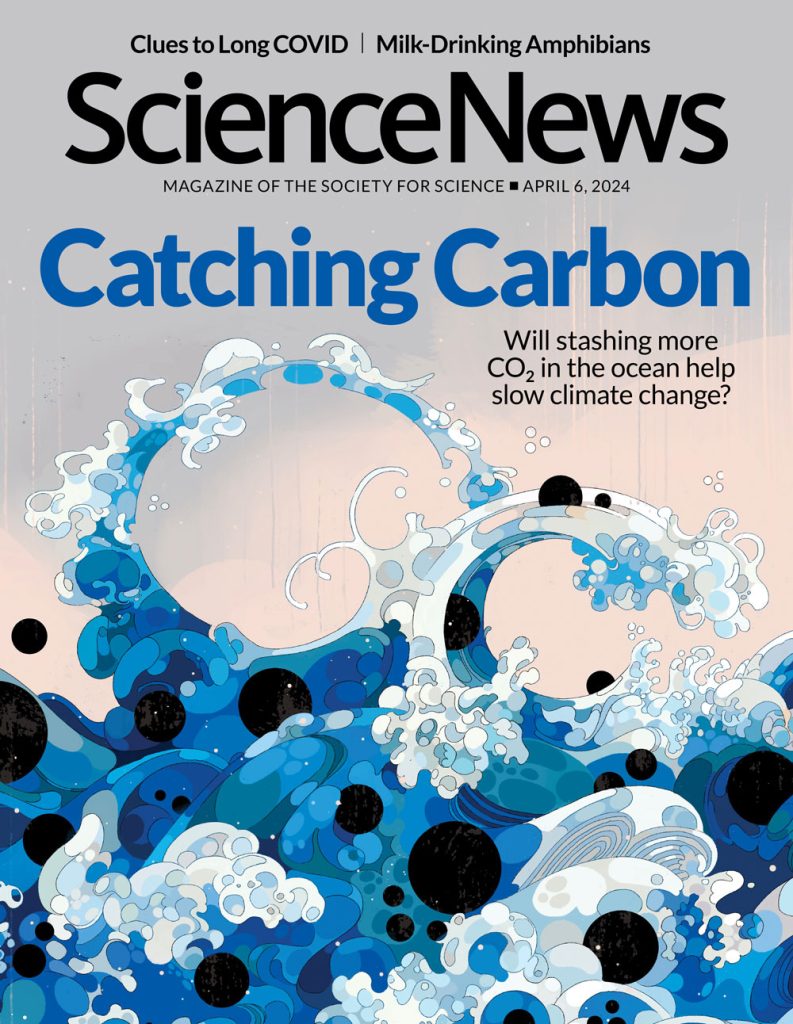The validity of the long-standing assumption that male mammals tend to be larger than females was questioned in a recent study. The article highlighted a chart showing rates of sexual size dimorphism in various mammalian orders, but a reader pointed out that the chart was not accessible to those with red-green color blindness. A grayscale version of the chart was provided to address this accessibility issue.
Further research is needed on methods to remove excess carbon dioxide from the atmosphere and store it in the ocean to combat climate change. One potential approach is to enhance the ocean’s ability to absorb carbon dioxide by adding alkaline minerals. A reader suggested repurposing potassium hydroxide from used alkaline batteries for this purpose, which could also reduce waste in landfills. However, the economic viability and environmental impact of this idea need to be explored further.
The recycling of materials from used alkaline batteries, such as potassium hydroxide, may not be economically attractive due to the lack of a market for recovering specific components from the waste. Additionally, the process of recovering and recycling these materials can be expensive, posing obstacles to their reuse. Researchers would also need to evaluate the environmental consequences of introducing excess potassium into the ocean to understand the full implications of this approach.
Efforts to ensure the accessibility of scientific information, such as providing alternative versions of charts for individuals with color blindness, are vital for making research and data inclusive to all readers. By addressing accessibility issues, publications can enhance the reach and impact of their content. In the case of the mammalian size dimorphism study, making the information available in grayscale allows individuals with color blindness to engage with the research findings effectively.


